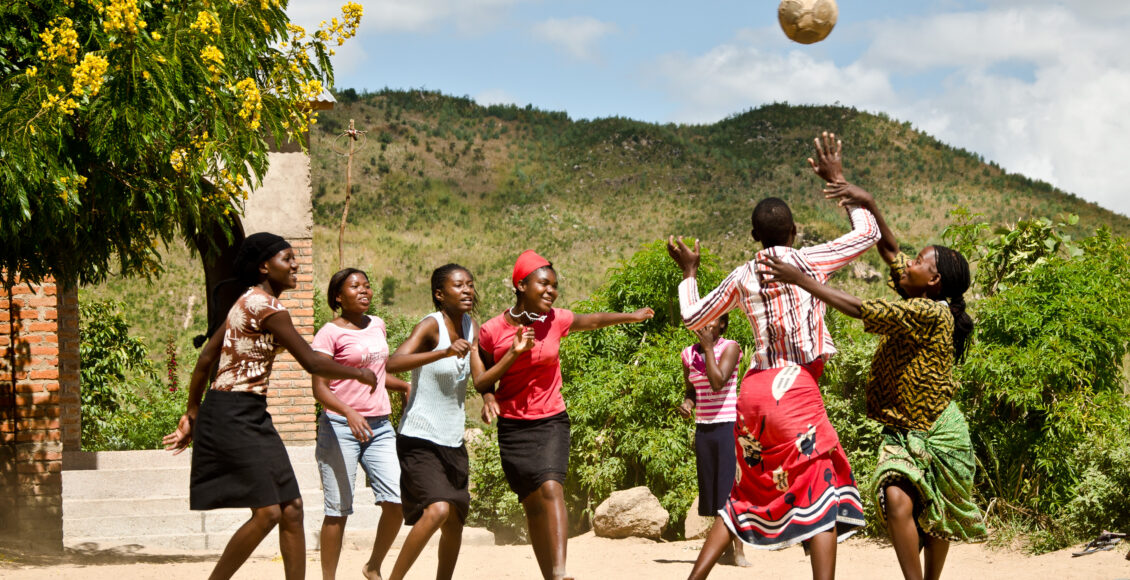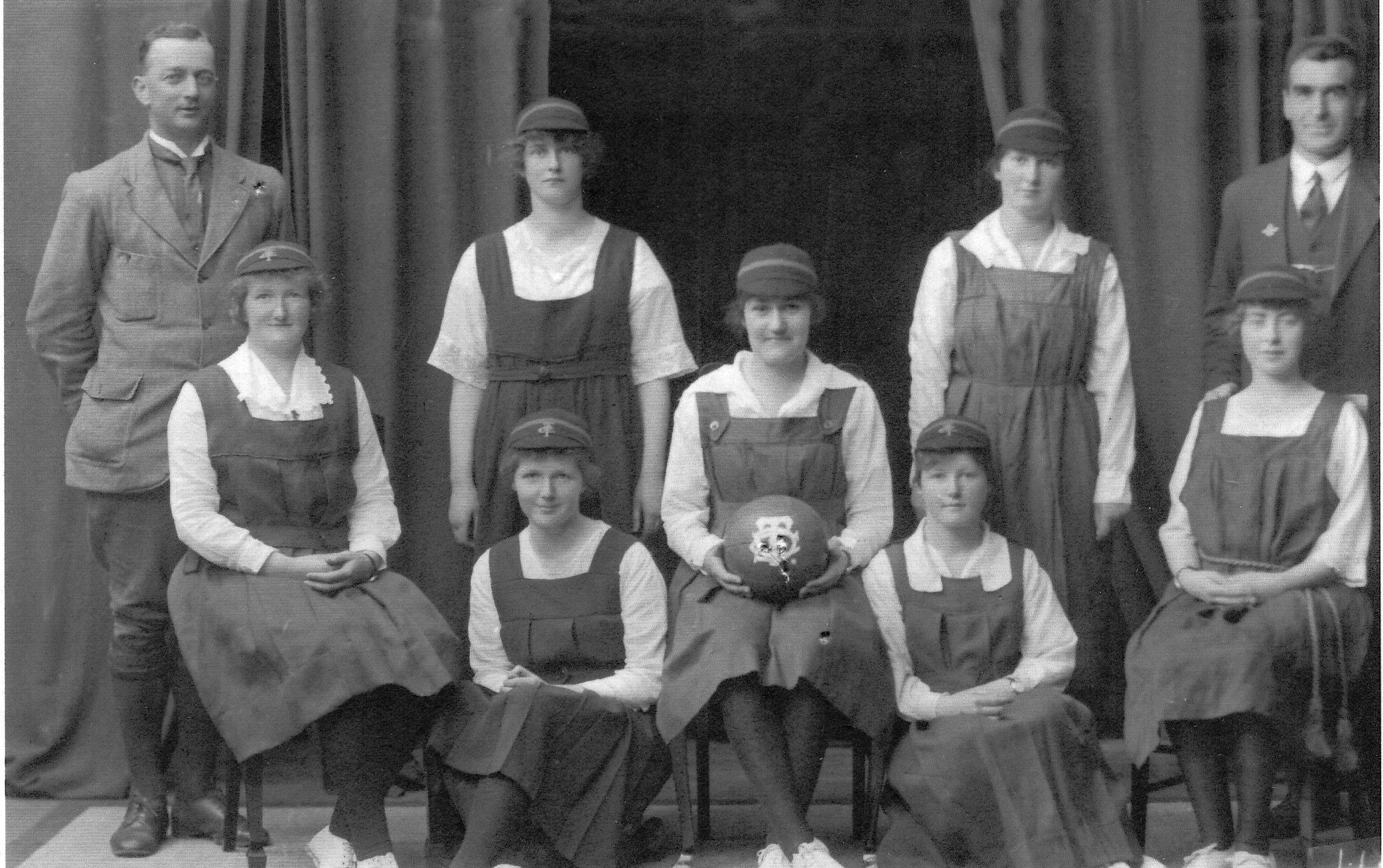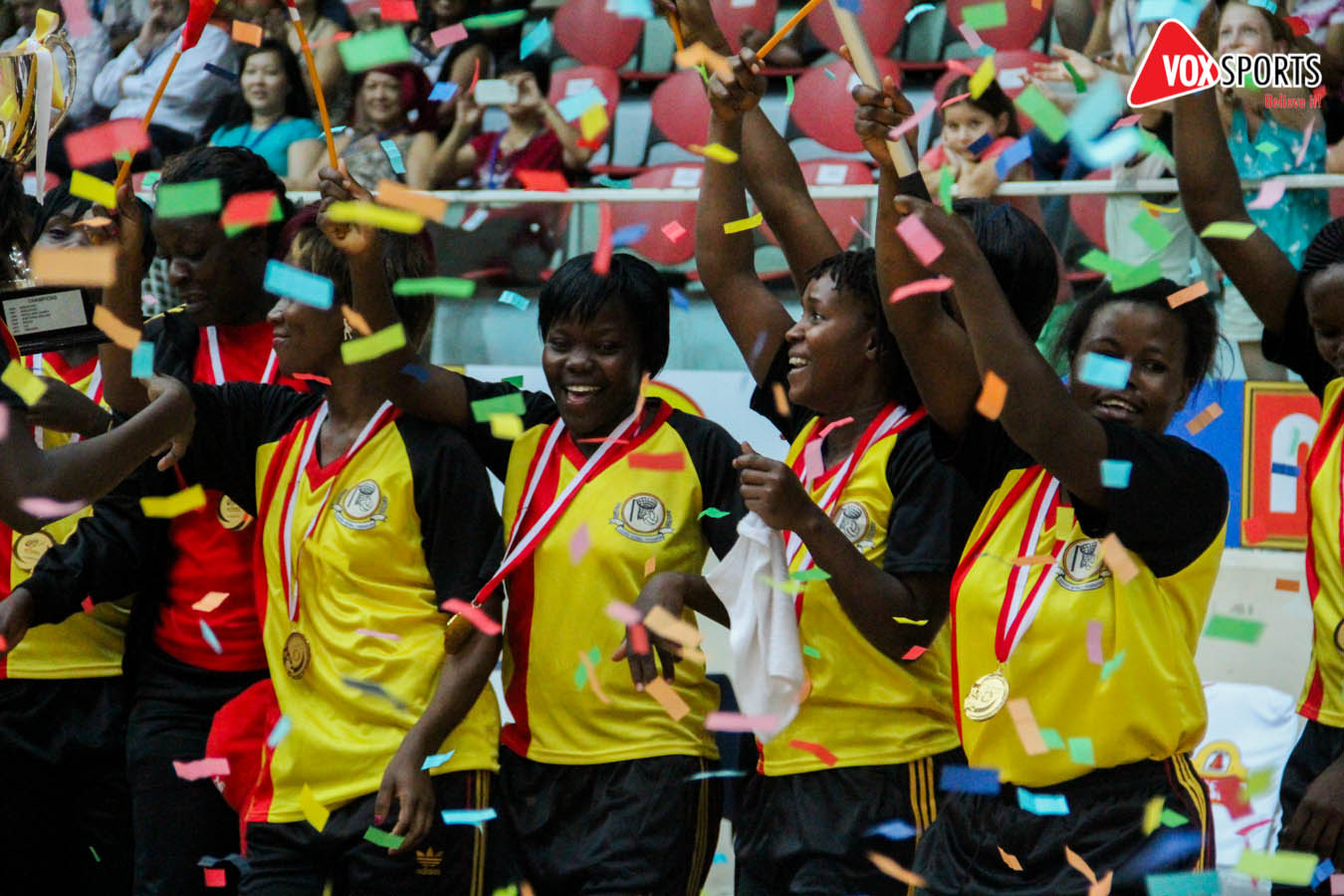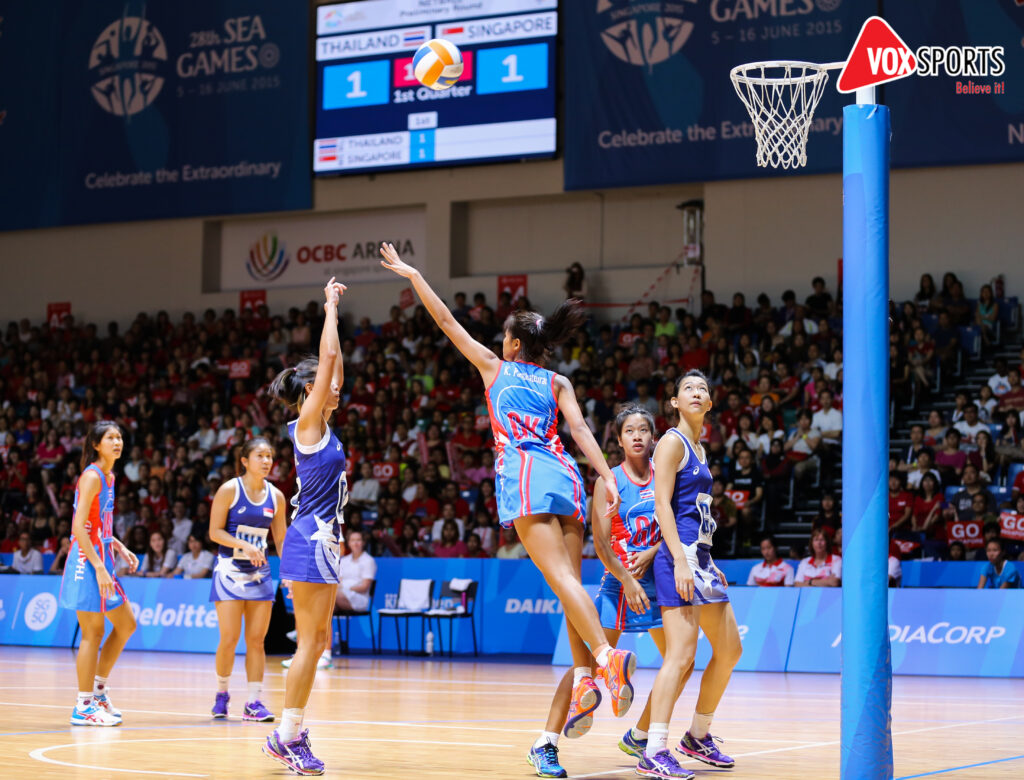Can Netball Help All? The Sport Aiding Women’s Fight Against Poverty Across Africa

592 million women live in Sub-Saharan Africa, of these women, 249 million live in poverty. At the same time, 40 per cent of the female population of Sub-Saharan Africa consider it to be their favourite sport. Globally, women are more likely to live in poverty than men. Although there are specific reasons, they are all based around the systemic barriers that are in place, and the low-paying jobs they are faced with. Most commonly played in nations of the Commonwealth, more than 20 million people across more than 80 countries take part in netball. More importantly, it is predominantly played by women.
Netball’s colonial ties
The story of netball begins in 19th century United States, when basketball was adapted for women with the aim of maintaining their etiquette. From then on, there was a slow transition from basketball to netball, until it was made its own sport in 1897. Netball courts are a similar size to basketball, and there is no dribbling allowed. Instead, quick and accurate passes are key between the 7 players that make up a team that work together to shoot into their basket.
Similar to cricket, netball was spread throughout the Commonwealth during British colonialism. The British sought to establish and maintain class relations. In doing so, they used sport as a platform for the determination of social relations — to create shared beliefs and attitudes between the colonizers and the colonized. Under such an ideology, the British Empire was creating a larger social divide, which played into their desire for power and control. Colonial rulers, in their attempt to establish authority, introduced many sports, including many popular ones seen today, such as football, tennis, hockey, golf, athletics (track and field), and, namely, netball. Following their introduction to the colonies, sports were soon integrated into the public-school systems. Team sports taught teamwork, courage, loyalty, respect for rules, and, most important to the Empire, the value of obedience to those in positions of power. To the local people, playing a match of netball meant participating in a harmless game. To the British, it meant their subordinates were accepting conformity.

Alleviating poverty?
Though decolonization took place, the influence of British culture on their commonwealth counterparts is still very prevalent. Throughout Africa, netball is found just about everywhere. Rural primary schools, high schools, colleges, universities, and women’s sports leagues all take part in playing the sport. For many, it is merely played day to day. For others, it provides meaning to their life. From playing barefoot to performing on the international stage, Uganda’s captain Proscovia Peace has openly talked about the profound effect the sport has had on her life. Growing up making balls out of shopping bags, netball gave her the determination and resilience to avoid teenage pregnancy and marriage. In a nation that discourages female participation in sport, Peace found herself in positions that only netball has given her.

Likewise, in South Africa, netball is being used as a tool against the gang violence, poverty, and broken homes that children face. Coaches in Ocean View, Cape Town use the community surrounding netball as a platform to spark conversations around personal and social awareness, decision-making, and relationship-building. According to the Sunday Times, netball players see higher pass rates, while their confidence rises, even in the environment of gender-based violence and inequality. Additionally, the community associated with netball is being used to spread awareness and educational materials to help in the fight against AIDS/HIV. In Swaziland, the economic hardship faced by women and girls between the ages of 12 and 25 make them particularly vulnerable to infection. Girls and women are forced to use their body for resources, trading sex for access to basic necessities ranging from food and clothing, to school fees. While not an ideal solution, the netball community has paved the way for coaches to provide education and resources alongside teaching the sport. Moreover, a sport that was once used by the White elite to foster social divisions and classism, is now being used as a tool to alleviate the inequality the British Empire once sought to intensify.
Personally, netball has had a profound effect on my life. It kept me focused, determined, and on the right path. A trip to Tanzania when I was 15 taught me that that effect is not novel. Having learned on that trip how adolescent mothers were forced to drop out of school, participation in sports is essential in giving women and girls the best chance at living a healthy and happy life. Playing a match against the students at the school we were visiting, it was clear to see the motivation and drive that went into their participation. The positive effects for women and girls as a result of netball are evident — netball is a tool for not only community building, but for community empowerment.

Nevertheless, the understanding of women and sport must go deeper than only comprehending the influences that enhance female participation. It must recognize the patriarchal perpetuation of male dominance, where men are put at the forefront of sports. Netball being a predominantly female sport gives women and girls the priority that they would otherwise not be faced with in the context of an otherwise male-dominated field. Sport has the unique ability to aid in the promotion of gender equality, and patriarchal norms embedded throughout African nations has meant that girls’ participation in sports is underfunded. Addressing the inherent gender inequality present in Africa through netball is a useful and innovative thought. However, volunteerism is not the solution. Female teachers take it upon themselves to tackle a small part of the persistent and ever-present gender inequality. The fact of the matter is gendered poverty is systemic and no change will take place until the whole system does. Governments must change their strategies, whereby they redistribute their funding mechanisms to include the prioritization of women and girls.
Featured image: Women playing a match of netball in Malawi. “20120427-DSC_4880” by “Carlin Carmichael” is licensed under “CC BY-NC-ND 2.0”
Edited by Itai Epstein
